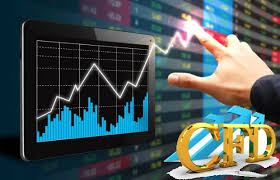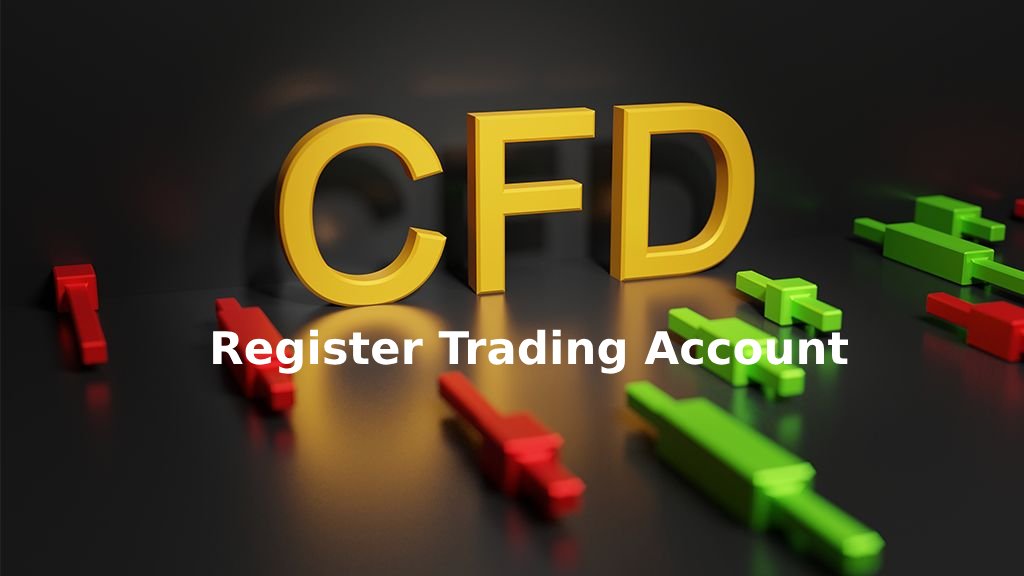
Finding the Best CFD Platform: Your Ultimate Guide
In the ever-evolving world of online trading, identifying the best cfd platform best CFD trading platforms can greatly impact your profitability and overall trading experience. Contracts for Difference (CFDs) allow traders to speculate on the price movements of various financial instruments without owning the underlying asset. This flexibility makes CFDs popular among both novice and experienced traders. However, with numerous platforms available, understanding what to look for is crucial. This article delves into the key factors that contribute to determining the best CFD platform, allowing you to make an informed decision.
1. Regulation and Safety
When selecting a CFD platform, the first aspect to consider is regulation and safety. Reputable CFD brokers are typically governed by regulatory authorities, which ensure that they adhere to strict guidelines that protect traders’ interests. Look for platforms regulated by organizations such as the Financial Conduct Authority (FCA) in the UK, the Australian Securities and Investments Commission (ASIC), or the Cyprus Securities and Exchange Commission (CySEC). These regulatory bodies impose requirements for transparency, financial integrity, and customer protection, contributing to a safer trading environment.
2. Range of Markets
The best CFD platform should offer a diverse range of markets for trading. Depending on your trading strategy, you may want access to different asset classes, including forex, commodities, indices, and cryptocurrencies. Evaluate whether the platform provides sufficient options to diversify your portfolio. A wider selection of instruments not only increases trading opportunities but also allows you to hedge your investments more effectively.
3. Trading Costs
Understanding the cost structure of a CFD platform is essential for managing your trading budget. Most platforms charge spreads, commissions, and other fees that can affect your overall profitability. Some platforms offer tighter spreads but may charge commission per trade. Others might have no commissions but wider spreads. Carefully compare their fee structures and read the terms of trading to ensure that you are not caught off guard by hidden costs.
4. Trading Platform and Tools
The user interface and functionality of the trading platform itself significantly influence the trading experience. Look for platforms that offer intuitive navigation, customizable layouts, and robust charting tools. Advanced trading tools such as technical indicators, drawing tools, and historical data can enhance your trading strategy. Additionally, compatibility with mobile devices is essential for traders who prefer to manage their investments on the go.

5. Leverage and Margin Requirements
CFDs are traded on margin, which allows traders to control larger positions with a smaller amount of capital. However, it’s important to understand the leverage offered by the broker and how it impacts your risk exposure. High leverage can lead to significant gains, but it also increases the risk of substantial losses. Ensure that you are comfortable with the broker’s margin requirements and understand how leverage works before committing to trades.
6. Customer Support
Reliable customer support is a critical factor that often gets overlooked when selecting a CFD platform. A responsive support team can assist you quickly in case of technical issues or queries about your account. Look for platforms that offer multiple channels of communication, including live chat, email, and phone support. Testing their response times and the quality of assistance provided can give you insight into the level of service you can expect.
7. Education and Research Resources
For both novice and experienced traders, educational resources and research tools are invaluable. The best CFD platforms often provide webinars, tutorials, and market analysis that can enhance your trading knowledge and skills. Look for brokers that offer market insights, economic calendars, and educational materials tailored to various trading strategies. This support can help you make more informed trading decisions and improve your overall performance.
8. User Reviews and Reputation
Researching user reviews and feedback can provide insight into the actual performance of a CFD platform. Forums, review websites, and social media can reveal traders’ experiences, highlighting both the strengths and weaknesses of various brokers. Be cautious of overly positive or negative reviews and consider the overall consensus to gauge a platform’s reliability and reputation.
Conclusion
Choosing the best CFD platform involves careful consideration of multiple factors, including regulation, market access, trading costs, and available tools. By prioritizing safety and a broad range of options, you can enhance your trading experience and improve your chances of success. Remember to conduct thorough research and leverage educational resources to develop a robust trading strategy. Ultimately, the best CFD platform for you is one that aligns with your trading style, goals, and preferences. Happy trading!
